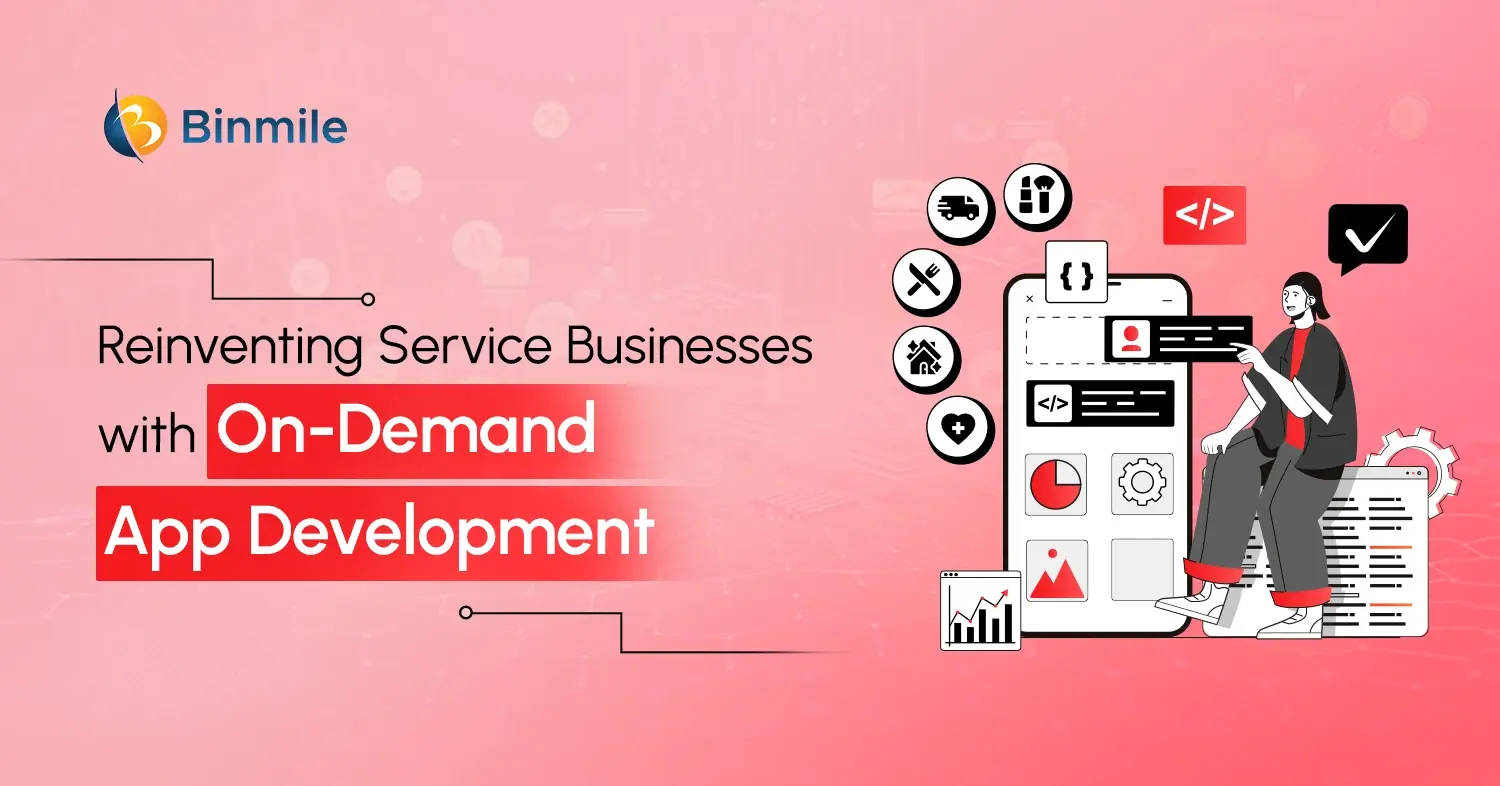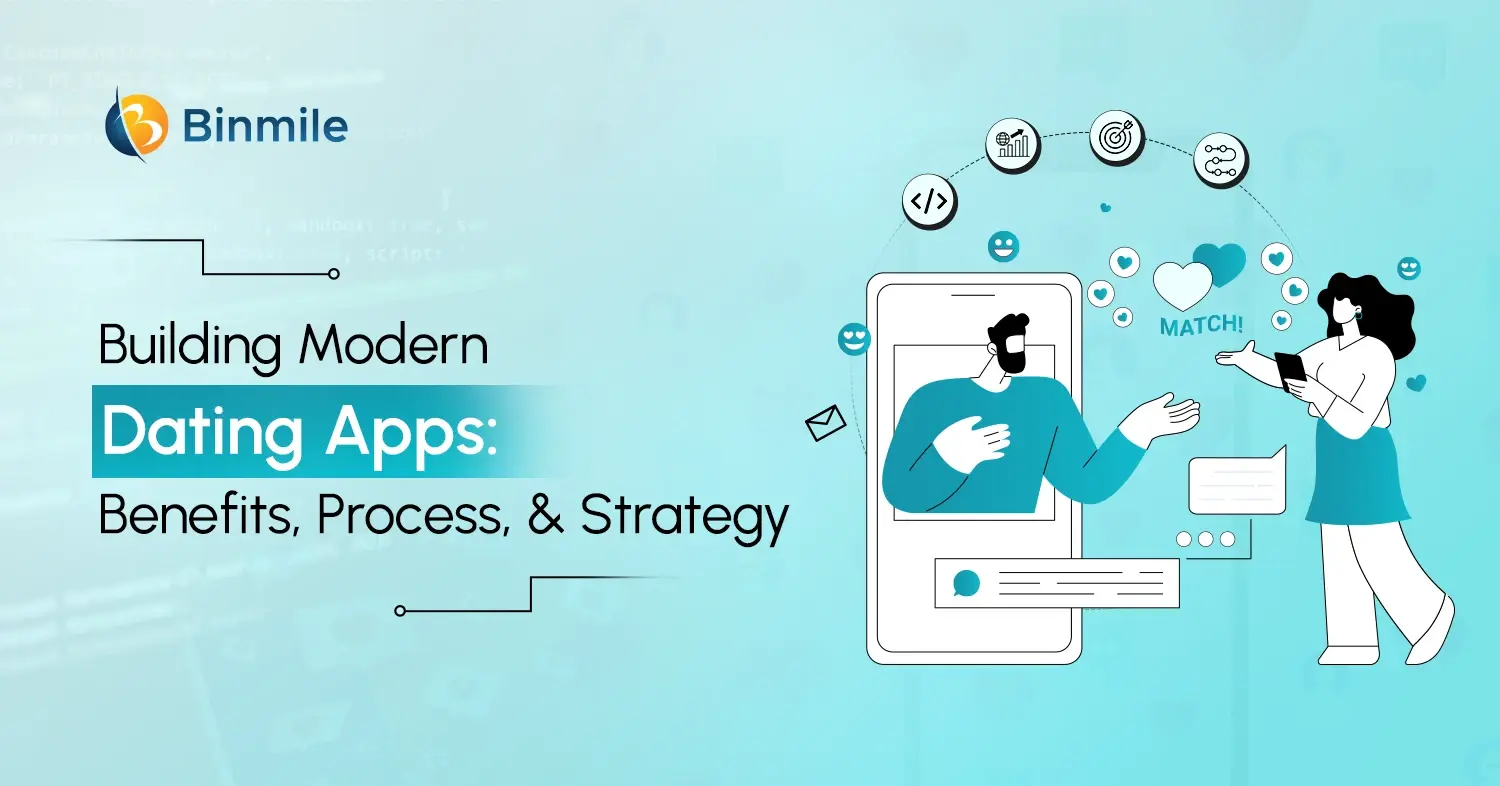- checklist for event management app
- cost to build event management app
- event management app development cost
- event management application development
- Event Management Application Features
- event management software development
- examples of event management app
- tips to choose event management app
- What is an Event Management Application
A large number of smartphones are fraught with a multitude of mobile apps these days. These apps come in handy to perform various tasks such as checking news, paying online, conducting bank transactions, socializing, and many more. But have you ever heard about an event management application? Well, they turn out to be useful for event planning and organization. Yes, more and more professional event planners are investing heavily in application development for event management business. If you or your business wants to create an event planning and organizer app now, acquiring the information specified in this article will help. Let’s dive right into imperative details:
What is an Event Management Application?
The event management application is a unique tool designed to help organizers in planning, executing, and analyzing events. The best part of this software is that it automates:
- Registration
- Ticketing
- Scheduling
- Communication
- Attendee management tasks
Its unified platform streamlines operations and facilitates the complicated & tedious coordination tasks of event planning and management. What else? The best event management application comes with analytics and reporting features as well. It means organizers will be able to take data-driven plunges about the event.
Apart from that, the reduction of manual work with the help of automation frees up organizers to pay attention to the event itself, resulting in a better product and overall event experience for all participants. The value of the event management software market worldwide was $5.7 billion in 2019, which is expected to touch the $14.5 billion mark in 2027.
How to Choose the Right Event Management Software?
When selecting an event management application for your business, it is necessary to identify features that align well with the specific needs of the event. Factor in the ability of software or event management apps to offer customizable solutions that can adapt to different types of events. What’s more? Task management should be intuitive and must have a user-centric interface.
Further, an excellent event management app should incorporate other tools and platforms. Take a look at the level of customer support and training provided to make sure of seamless implementation. However, when it comes to specifics, it is essential to consider the following features:

- Automated Registration and Ticketing: It facilitates sign-ups and payments.
- Attendee Management: It tracks participant details and their preferences.
- Scheduling and Calendar Integration: It helps in managing event timelines perfectly.
- Analytics and Reporting: It provides deep insights into event performance.
- Vendor and Venue Management: It simplifies coordination with external partners.
Conclusively, it is necessary to evaluate the specific needs of an event and any unique challenges when making the selection of an event management software. Explore different options and see what fits your bill. Go through reviews and learn what real users have to say about different event-handling software.
A Comprehensive Checklist for Event Management Application Development
1: Decide on the Type of Event Management Application
The first thing you need to do when developing an event management application is to find a niche with better prospects and the least competition in the market. Be informed that a multitude of event planning niches are out there and you can pick one or multiple from them.
Keep in mind that, digitizing event planning could take place in various ways, such as:
- Website
- Software
- Mobile applications
You can go with one or more niches depending on the demand in the area to operate it. Post the niche is decided, the next step towards event management software development is extensive market research, which will further contribute to functional roadmap creation.
2: Determine the Platform and Implementation
Once the research on market trends and user behavior is completed, top app development companies suggest studying your rivals and their business strategies. Doing this will enable you to decide what exactly your mobile-based event management app should have and how it will outperform your competitors.
Bear in mind, that determining the platform, like web, mobile, or desktop, and overall implementation in a controlled or open environment should be properly planned and strategically executed. You have several options at your disposal, like you can choose from the platforms iOS or Android or can alternatively spend on cross-platform app development for event management.
3: Look for the Best Event Management Application Development Company
To ensure successful event management app creation, it is advised to outsource development tasks to a leading mobile app development services provider having extensive experience and expertise in the industry. You can hire a team of accomplished software developers for your whole product development requirement.
Before offering the entire project to app development team, you may need to participate in multiple meetings with their business and technology consultants to convey your objectives and discuss how to create an event management app that fulfills your business goals. There are two main factors that you need to focus on:
- Budget: How much does it cost to build an application for your event management business? It should be clarified in the initial possible stages. Some top web app development companies may offer you great deals for developers to employ for your event app development project.
- Build a Team of Developers: Some hiring models allow clients to make their team of seasoned developers. This way they can pick the best resources from the offshore company.
4: Choose the Event Management Application Features
What are the features or functionalities that you are willing to integrate into your event management application? To get a good idea of this, you can leverage market researchers or simply ask the potential app development company you may hire. The main goal is to have specific features in the application that would help your product stand out from others.
Please remember, that uniqueness to users in the form of a product emerges as a game-changing factor for an event management business. Here are a bunch of features that you must include in your event management app:

1. Mobile Check-in
The traditional method of registration is a time-consuming process. For this reason, it is suggested to improve the process by incorporating the check-in feature in your application. It helps get rid of long queues, expedites the process, and works as a suitable tool to gather user data.
2. Buy Tickets
At some point in time, users will need to book tickets and make payments. For this, you need to integrate 3rd party payment services into your event management application, such as Stripe, Braintree, and PayPal. Also, make sure that you offer order management tools to users, which will show them the tickets they bought and provide options to cancel.
3. Events Feed
The Events Feed shows a list of ongoing or upcoming events in a particular city, state, or area. Users can find the events they are interested in by simply leveraging the search filter, like location, type, popularity, and free/paid. To deliver an even better experience, it is a wise decision to include essential details in the event, such as time, description, details about entry requirements, names of speakers in case of formal sessions, etc.
4. Maps & Directions
When an offline event is planned, all attendees and guests must know where the event is taking place. To ensure that, top app development companies suggest incorporating the location functionality in the app using maps for both indoor and outdoor navigation.
5. Gamification
Gamification includes some of the best elements of game playing, such as scores and competition, and uses the same as a marketing technique to encourage engagement with a product. Adding gamification in the mobile app will keep users motivated and delighted and improve their engagement through features, like polls, quests, and achievements.
6. Social Media Integration
Users of an event management application like to connect with fellow participants and speakers. In that case, social media integration will help them fulfill this requirement. Apart from that, you can create an event-specific hashtag and ask attendees to tweet or share pictures using those hashtags, contributing to marketing goals big time.
7. Live Streaming
This is one of the best options for monetization for event management businesses. Wondering how? Suppose that an attendee who bought a ticket can’t can’t attend the event. In that situation, you can give them the option to watch the event live.
8. In-app Chat
As per a trusted web app development company, In-app chat enables two ways of communication:
- Between the event organizer and the user
- A chat where participants can interact with speakers and ask questions
Ready to elevate your event planning? Build a custom event management application with our expert app development services.
Real-World Examples of Event Management Application
A large number of companies have emerged in the event planning industry recently. And if you want to come up with an outstanding event management application, this list will give you a glimpse of what the possibilities are.
1. Whova

Whova is quite famous in the USA among professionals for networking at business summits and conferences. What makes Whova stand out from its competitors is the holistic profile of attendees that you can see before or while participating in the conference. The USP of Whova is to make the event highly interactive for all participants.
Features:
- Gamification
- Interactive maps
- Multi-tracking event sessions
- Smart profile for attendees
2. EventBrite App

It is a global platform to find, attend, share, and create events. Ranging from BBQ parties to marathons, the app has a myriad of events that users love to partake in. The USP of the EventBrite App is real-time monitoring of the event. What else is good about this event management application is that it improves sales and boosts audience participation for organizations.
Features:
- Wait-list
- Event listing Page
- In-app payments
3. DoStuff

DoStuff is the last event-tracking app on this list that enables people to find the best events in the city. Some of its special features are:
- Redesigned profile
- Event preview
- Map view
- Ticket gateways
Cost to Develop an Event Management Application
The current situation indicates the event management application development cost may fall somewhere between $10K to $35K. We can’t come up with an accurate cost of event app development as it depends on multiple factors, such as:
- Experience of developers
- Location of app development team
- API Integrations
- App Platform
- GPS Functionality
- App Networking
- Offers & Discounts
- Chatting Option
- UX/UI
Also Read: POS App Development Cost
The Bottom Line
Seeing the growing market of event management applications these days, many professional event planners are planning to create a mobile app for their business. So, if you are also one among them and want to develop an event management app from scratch and experience increased ROI, in that case, it is advisable to collaborate with software development company and borrow their expertise to achieve your objectives.









